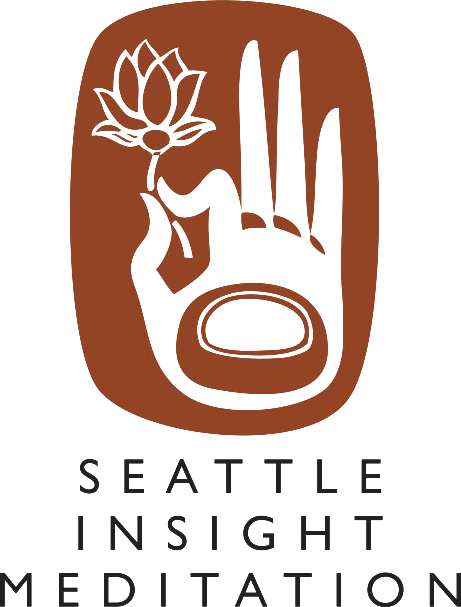Teaching the Threes - Building a Strong Foundation for Practice
Annual Teaching Series 2023
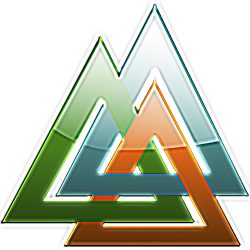
Triangles are the strongest shape there is. Any weight placed on them is evenly distributed on all 3 sides. Triangles are strong because of their inherent structural characteristics. The corner angles cannot change without an accompanying change in the length of the edge. They represent geometric sturdiness; no matter how much weight you put on any side, it will not break. Look around you. Triangles are everywhere! Even though they might not be obvious or even seen for that matter, triangles are at work wherever strength and resilience are important.This is true in our practice. There is certainly strength in the power of three. Much of our foundational wisdom is held within this power. Over the course of the year, we will look at four different groupings of three.
We will explore their strengths and how each aspect depends upon the other two aspects. In time, we will come to see that the more we strengthen one aspect, the more we strength the other two. Gradually, we will build a strong foundation of awareness and skill through practicing with the direct experience of the power of three.
Three Refuges
(January – March)
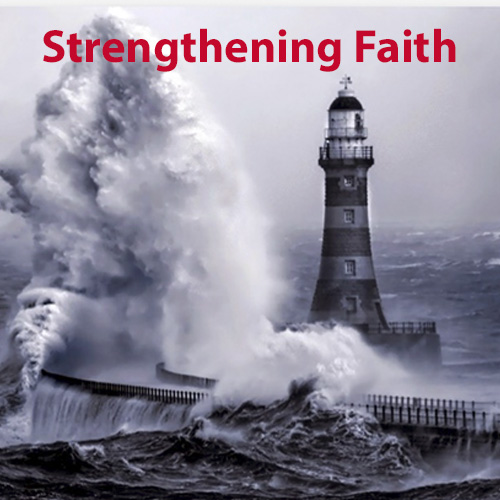
Three Characteristics
(April – June)
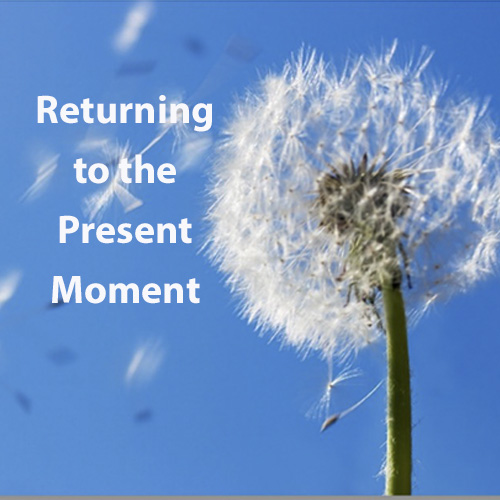
Noun: A distinguishing trait, quality, or property.
Adjective: Revealing, distinguishing, or typical of an individual character.
Impermanence, Dissatisfaction and Non-self
We live in a conditioned world, which means our reality comes together and falls apart depending upon the arising and falling of conditions. This impermanence is the essential characteristic of our reality. Nothing is permanent or reliable. This constant shifting, changing, and wobbling causes the human condition to be very irritating and dissatisfactory, like walking around with a rock in one’s shoes. To take this basic essence of human conditioning personally is destabilizing and leads to disappointment, frustration, and despair.
If, however, we comprehend the truth that all existence is contained within the three characteristics, we come to understand experiences and situations we find ourselves in as they really are. Practicing with the three characteristics through meditation is the foundation for liberation from the torment of clinging to permanency in all its formations.
Three Poisons
(July – September)
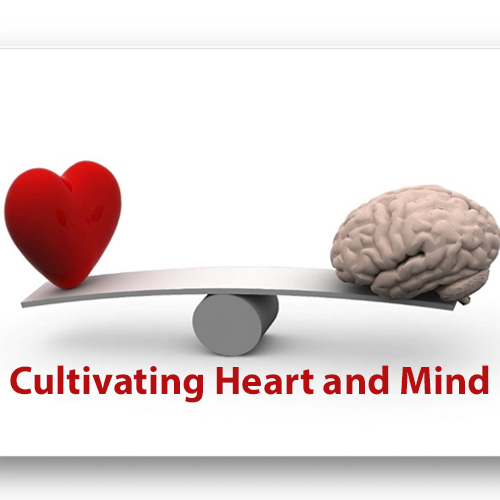
Noun: (1) Something destructive or harmful; (2) An object of aversion or abhorrence
Verb: (1) To injure or kill with poison; (2) To exert a baneful influence on: Corrupt
Adjective: impregnated with poison: Poisoned
Greed, Hatred and Delusion
In the Buddha’s teachings – all action, or kamma, is in essence volition/intention for the act itself. The actual thought, words or deeds are simply the manifestation of volition/intention through one of the three doors of action — body, speech or mind. Volition/intention is the ethical quality common to every act of consciousness. It is the mental factors known as “roots”. These roots can be unwholesome (poison) or wholesome. Action rooted in the poison of greed, hatred and delusion leads toward anguish, fear, anger, and despair. (Wholesome actions are rooted in non-greed, non-hatred and non-delusion).
It is very important that we learn to be aware of our intentions behind our actions. This is not about the intentions we want to believe we operate under but rather the root intentions of wanting, not wanting, and distraction/confusion. Learning to feel the ouch of the three poisons and to counter their impact with the three wholesome roots builds concentration and stability of mind.
Three Pillars of Insight Practice
(October – December)
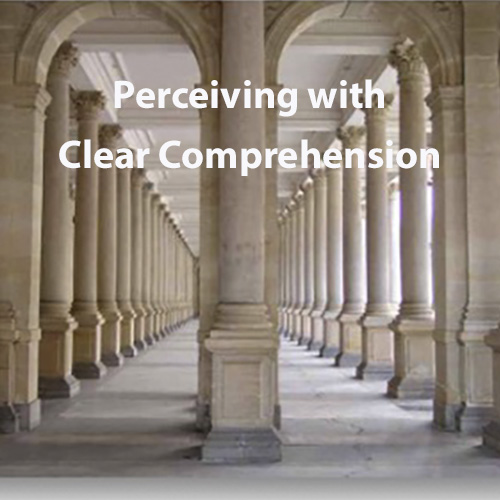
Wisdom, Generosity and Ethical Conduct
Wisdom, generosity, and ethical conduct are the three fundamental building blocks of insight practice. Insight is the practice of penetrating truths of both liberation and limitation. We begin our journey through these three principles, and they support us in maintaining our connection to the path. Wisdom is our ability to intellectually understand the Buddha’s teachings and the ability to penetrate that intellectual understanding directly during our ordinary life experiences. Generosity is the realization of interconnectedness and reciprocity. It is moving through life with an openhearted, receptive approach rather than a closed off, isolated approach. Ethical conduct is the ground underneath our feet as we move through life. It means actually living out the teachings rather than living out some imagined idea of ourselves.
These three principles are considered pillars because the weave together a strong bond of discipline and practice. Wisdom depends upon the receptivity and openheartedness of generosity, and we cannot be genuinely generous without ethical conduct (virtue). At the same time, it is difficult to be virtuous without generosity and wisdom remains intellectual without the felt sense of ethics, integrity and honesty.
